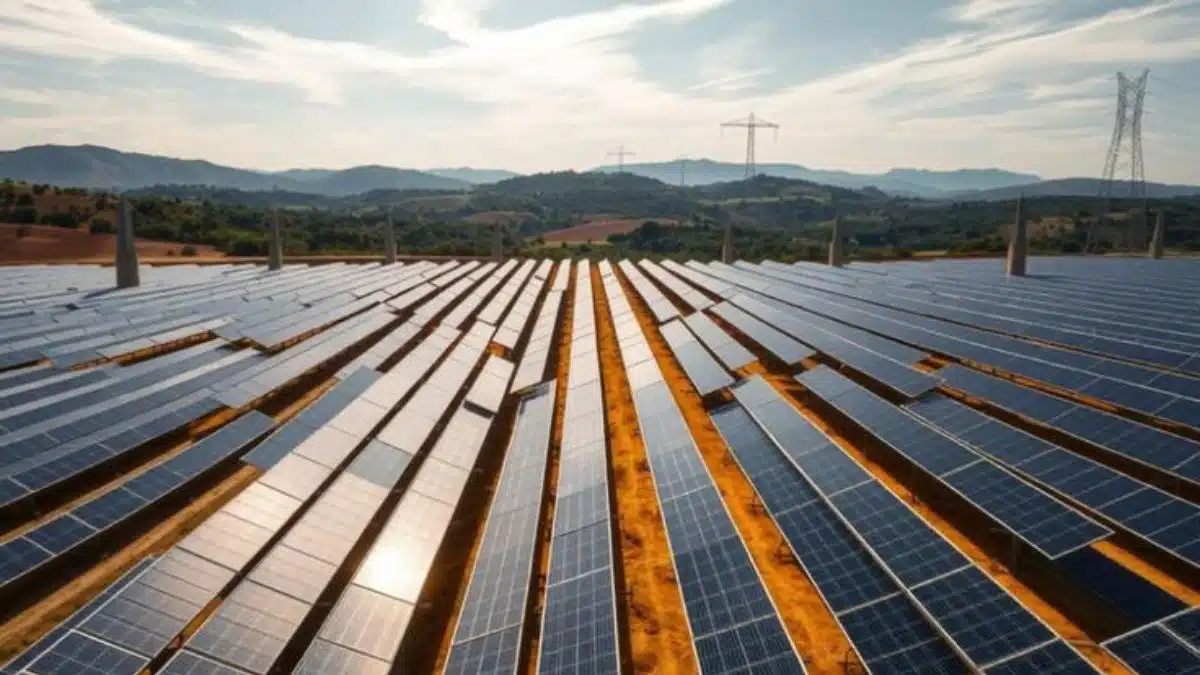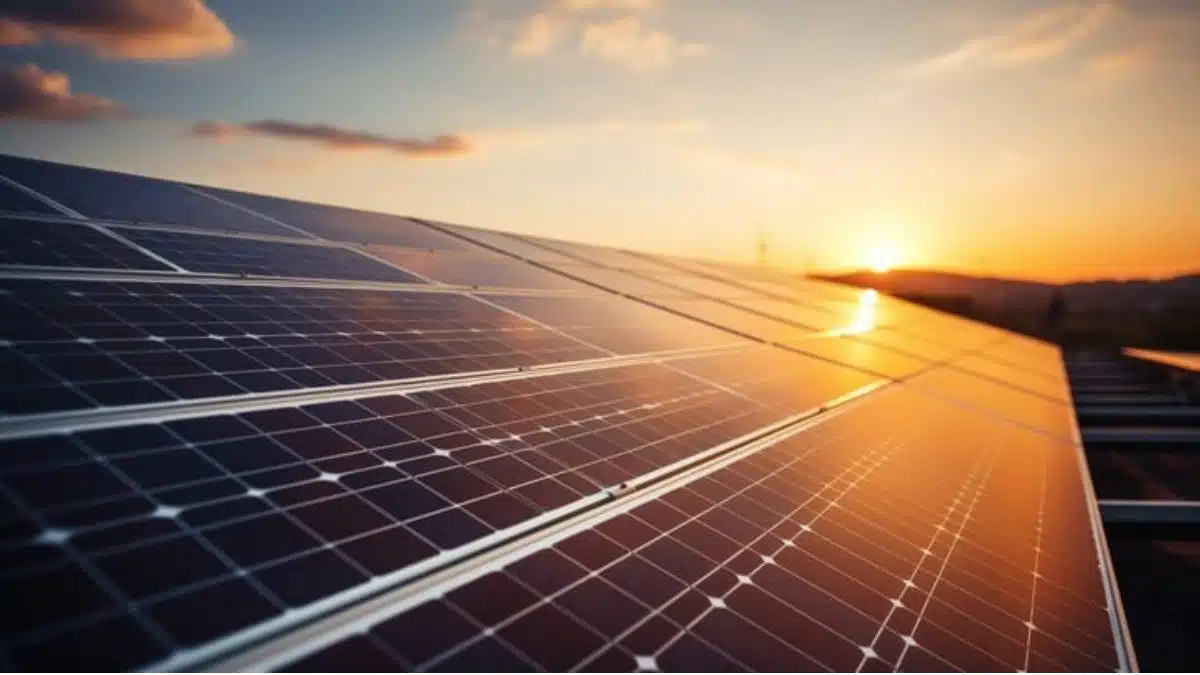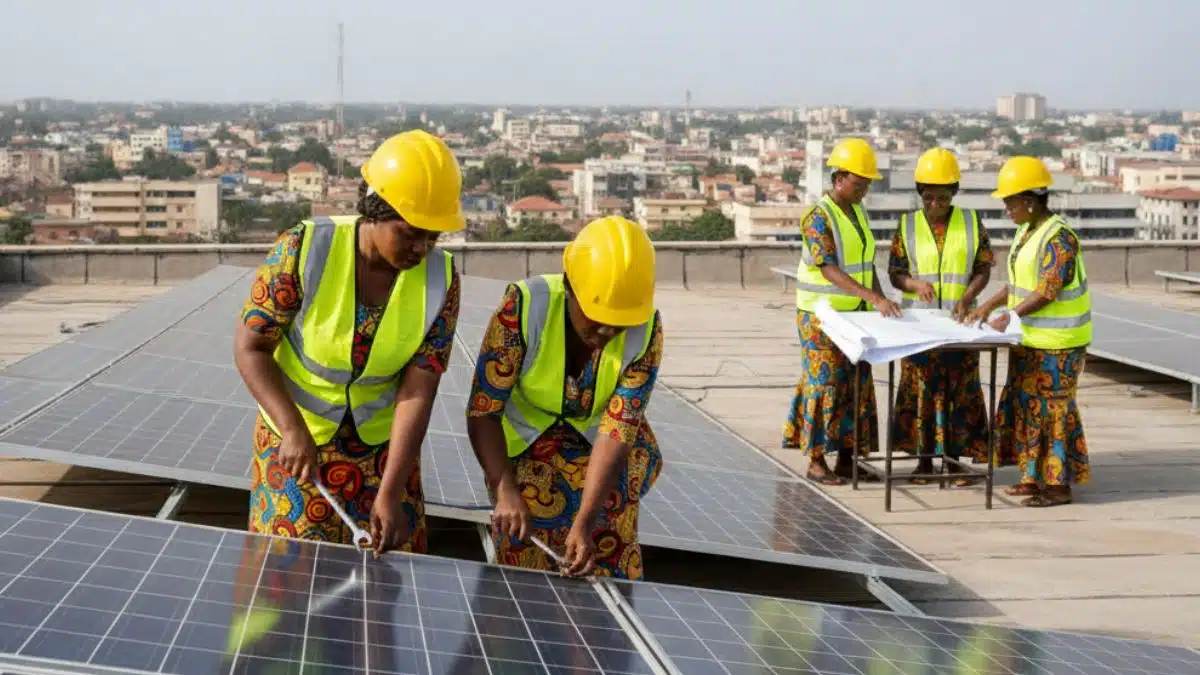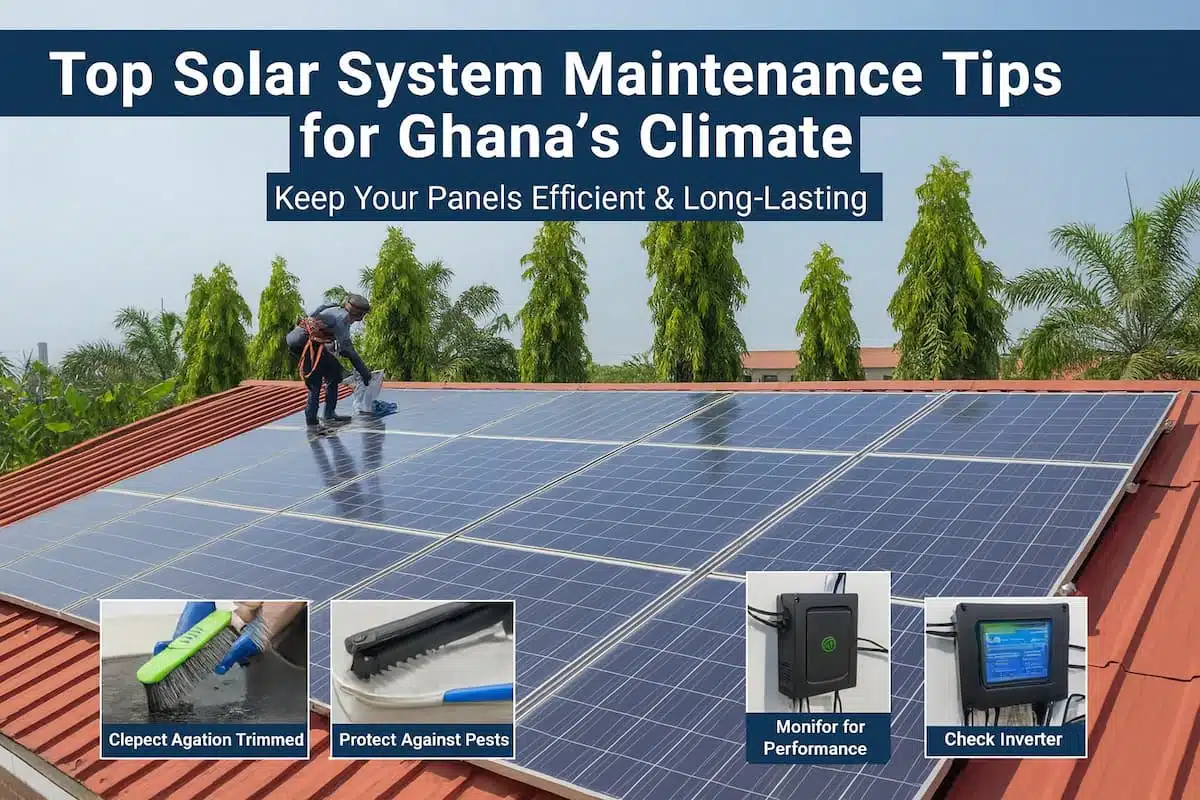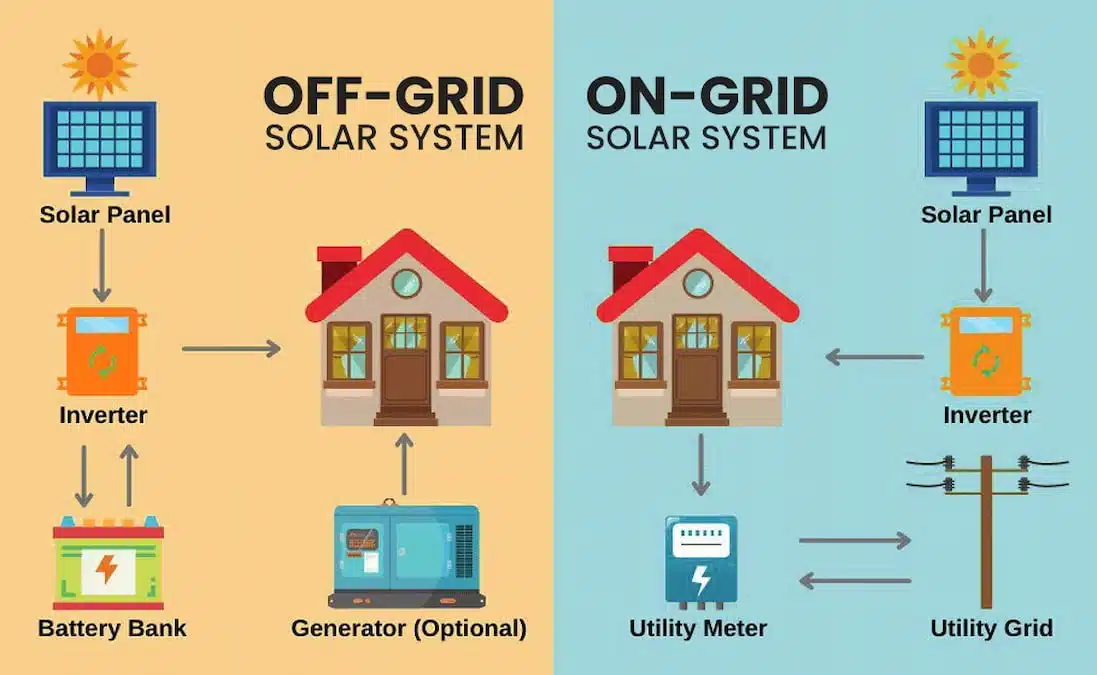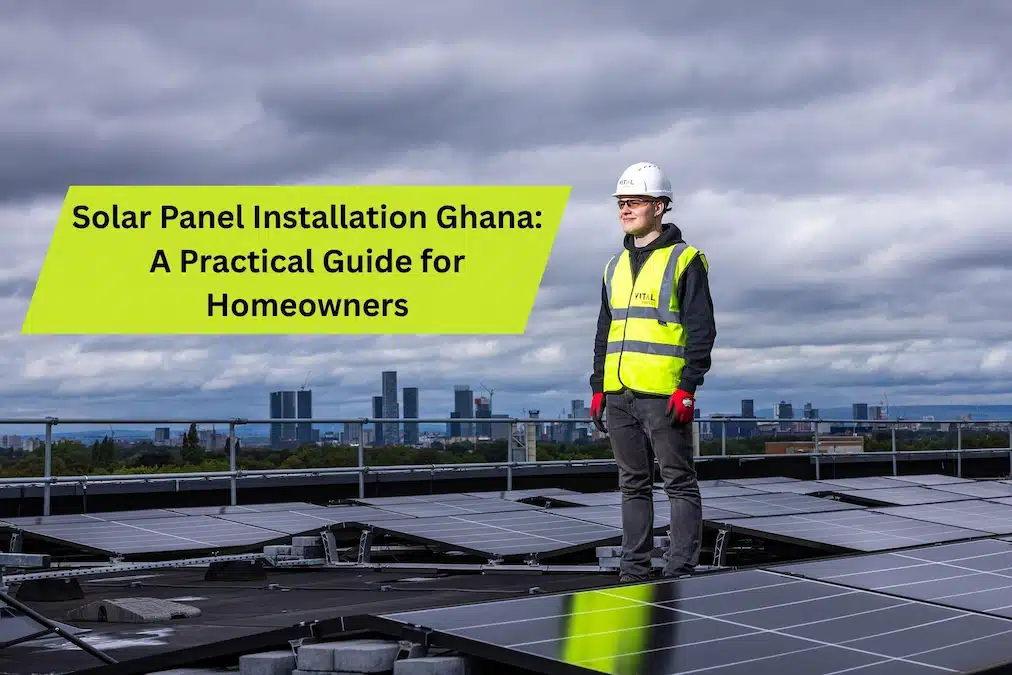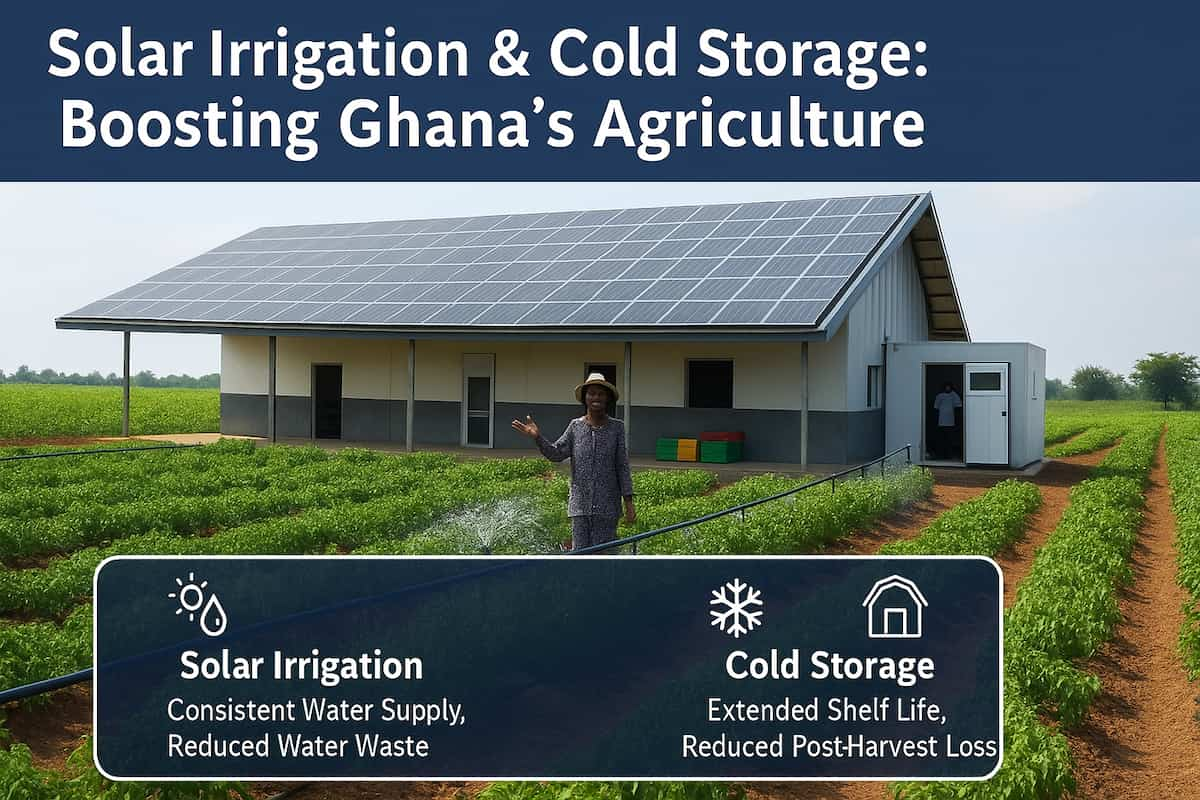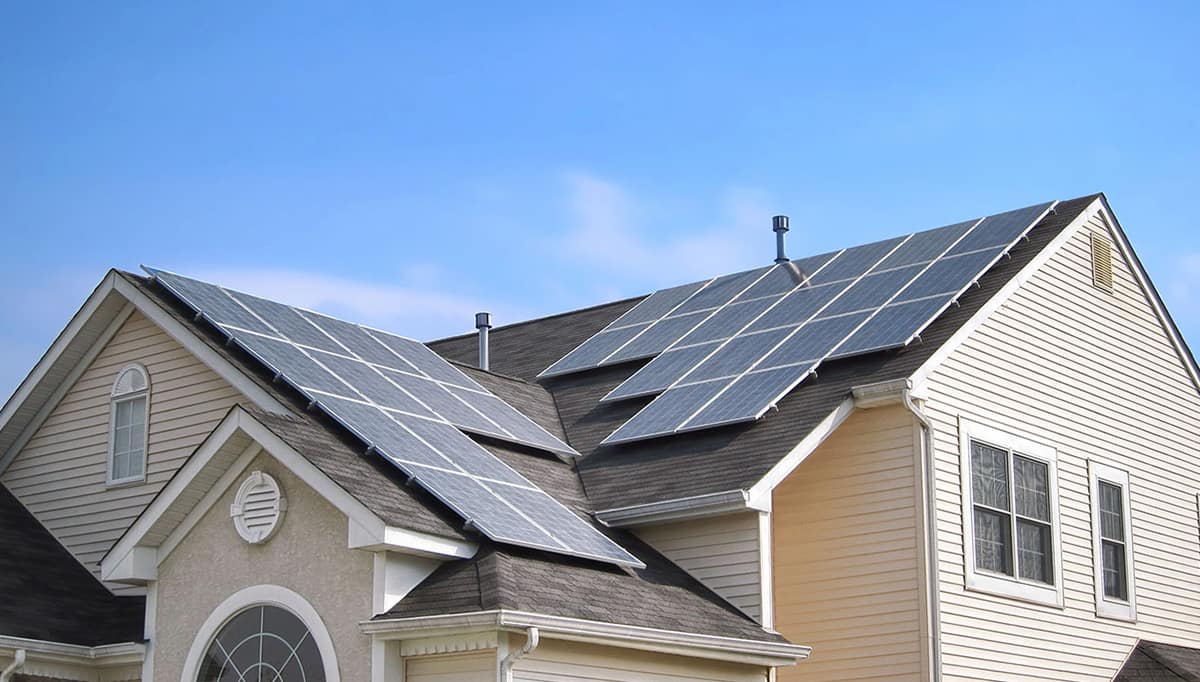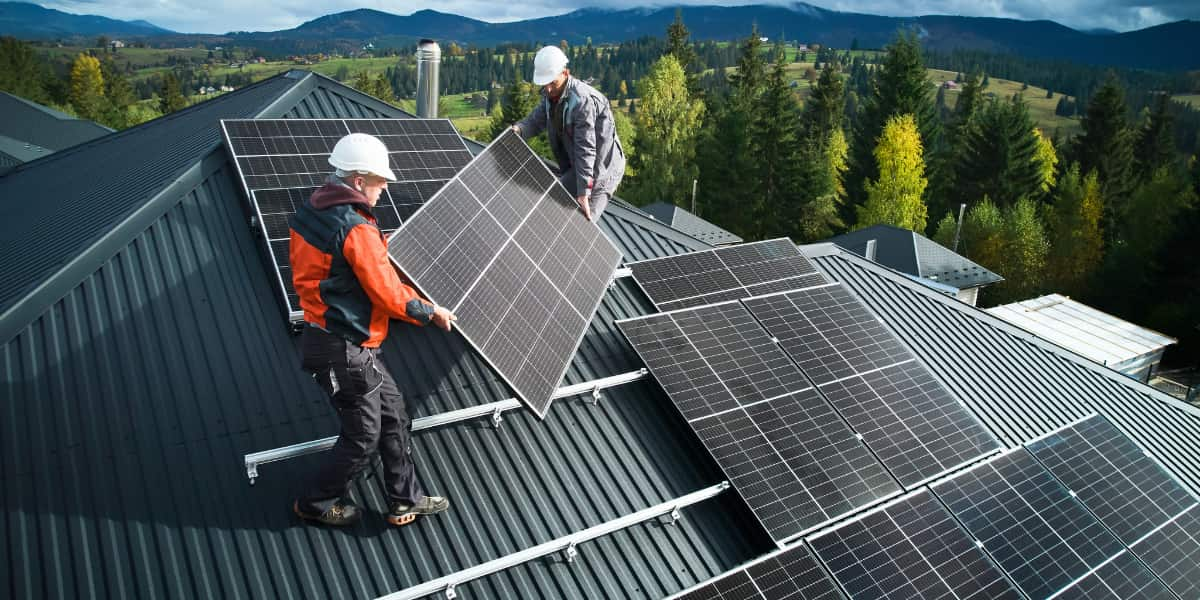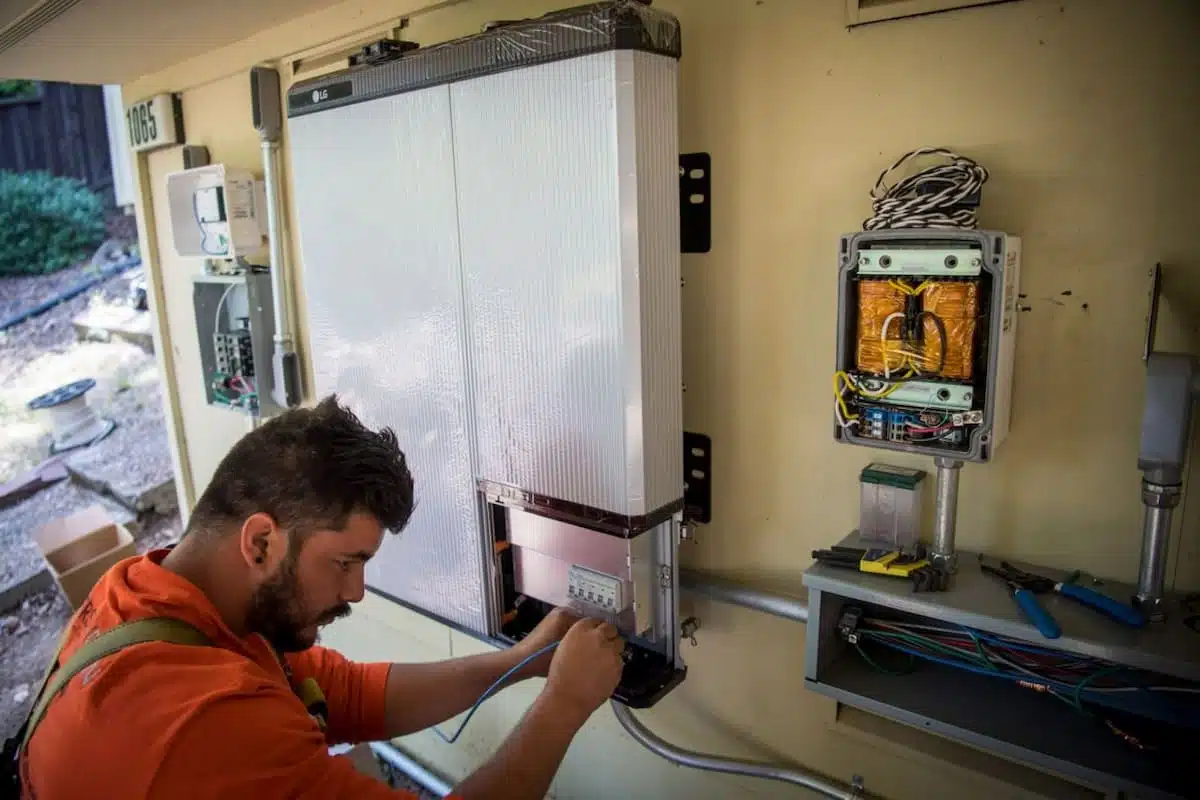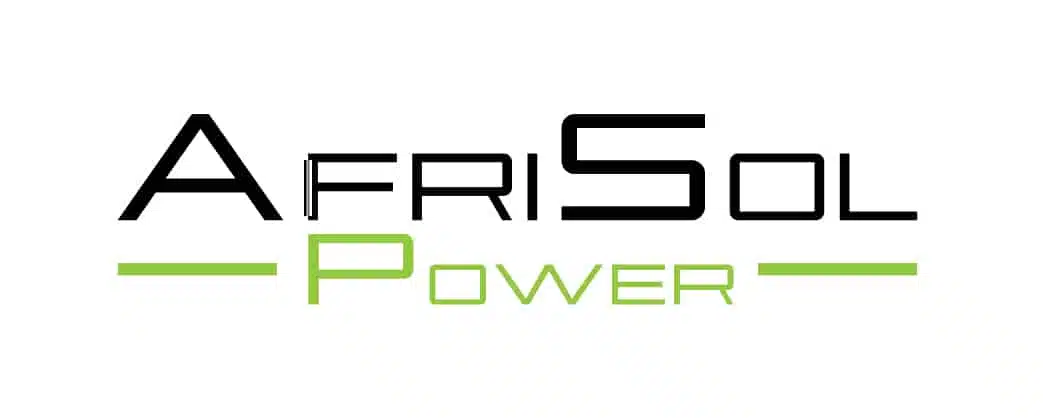Blogs
Solar for Schools & Clinics: Transforming Rural Ghana
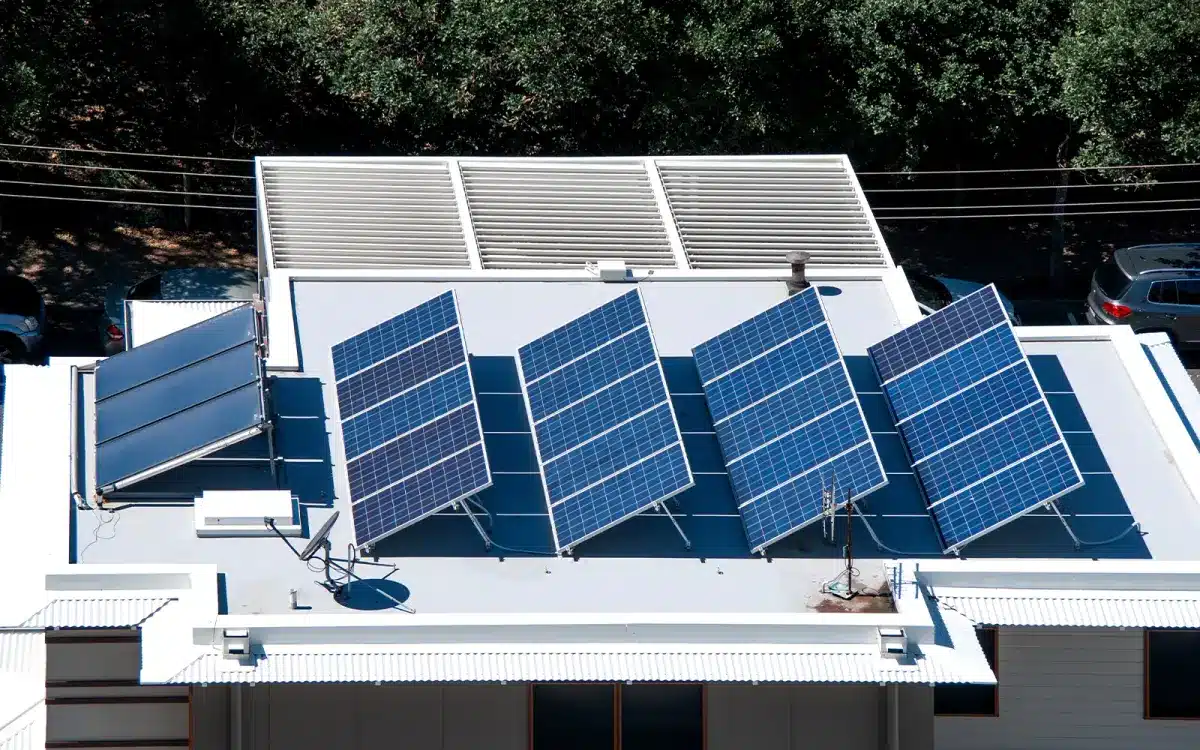
Solar for Schools & Clinics is making this real in rural Ghana. Where children can study without the fear of sudden darkness and where clinics operate efficiently, saving lives with reliable power.
If you’ve ever wondered how clean, renewable energy can transform communities, you’re about to discover some inspiring success stories. By diving into the experiences of schools and clinics in rural Ghana, you will see how solar power is not just lighting up classrooms and hospital rooms but also lighting up futures and saving lives.
You’ll learn about the remarkable changes happening on the ground and how they’re creating a ripple effect of positivity and growth. Get ready to be inspired by real-life examples that showcase the power of solar energy to change lives for the better.
Solar Energy In Rural Ghana
Solar energy is transforming rural Ghana. Its impact on schools and clinics is profound. This renewable energy source is bringing light and hope. Many rural areas in Ghana once faced darkness. Now, solar energy is changing that narrative. Schools can run computers, and clinics can store vaccines. Solar power offers a sustainable solution. It is helping communities thrive.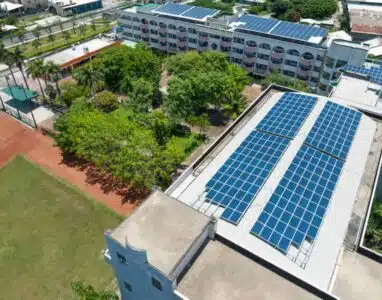
Reliable Power For Rural Schools
Many schools in rural Ghana had no electricity. Students studied in dim conditions. Solar panels are changing that. Classrooms now have lights and fans. This improves concentration and learning. Teachers use computers for lessons. Students access educational resources online. Solar energy is boosting education quality.
Empowering Healthcare With Solar
Rural clinics in Ghana faced many challenges. Power outages risked vaccine spoilage. Solar energy provides consistent electricity. Clinics now have reliable refrigeration. This ensures vaccines remain effective. Medical equipment runs smoothly. Healthcare workers can focus on patient care. Solar power is saving lives in rural clinics.
Community Benefits Of Solar Energy
Solar energy benefits extend beyond schools and clinics. Communities experience improved quality of life. Street lights increase safety at night. Local businesses operate longer hours. This boosts the local economy. Families spend more time together in the evenings. Solar energy brings communities closer.
Sustainable And Cost-effective Energy
Solar power is a sustainable solution. It reduces reliance on fossil fuels. Initial setup costs are high. Yet, long-term savings are significant. Communities spend less on energy bills. Maintenance costs for solar systems are low. This makes it an affordable option for rural areas.
Current Energy Challenges
In rural Ghana, the dream of reliable energy remains elusive. Schools and clinics face daily struggles due to inconsistent power supply. The impact of these energy challenges reaches far beyond the flickering lights, affecting education and healthcare delivery. As solar energy projects gain traction, understanding these current hurdles becomes crucial for crafting effective solutions.
Power Supply Issues
Imagine preparing for an important exam, only to have your study session disrupted by a blackout. This is a common scenario in many rural schools in Ghana. The inconsistent power supply hampers learning, leaving students in the dark—literally and figuratively.
Clinics face similar challenges. Essential equipment becomes useless during power outages. In emergencies, healthcare workers struggle to provide basic services. You can see how crucial a reliable power supply is for these facilities to function effectively.
Impact On Education And Healthcare
Education is a beacon of hope, but how bright can it shine without power? Teachers are forced to abandon digital teaching tools, relying solely on outdated methods. This limits students’ exposure to technology and modern learning techniques.
In healthcare, the stakes are even higher. Imagine a life-saving vaccine spoiled due to lack of refrigeration. Or the inability to perform a crucial diagnostic test because the equipment is offline. These are not just inconveniences; they are life-threatening issues.
Solar energy offers a ray of hope, but how can it effectively address these challenges? What role can you play in supporting these initiatives? Understanding the current energy landscape is the first step toward meaningful change.
Benefits Of Solar Power
Solar power lights up schools and clinics in rural Ghana. These projects bring reliable electricity, improving education and healthcare. Children learn better with lights, and clinics store medicines safely. These success stories inspire more communities to adopt clean energy solutions.
Switching to solar power in schools and clinics across rural Ghana is more than just an energy shift—it’s a transformative journey. Many have witnessed firsthand the profound benefits that solar energy brings. From reducing costs to enhancing essential services, solar power is changing lives one panel at a time. Let’s dive into the tangible benefits that solar power offers these communities.
Sustainable Energy Source
Solar power provides a clean and renewable energy source, which is crucial for sustainability. Unlike fossil fuels, solar energy doesn’t emit harmful pollutants, making it an environmentally friendly choice. By adopting solar, schools and clinics contribute to a healthier planet, ensuring a greener future for the next generation.
Reduced Energy Costs
Switching to solar can significantly cut down on energy costs. Consider the savings on diesel fuel that many rural clinics previously relied on for generators. These funds can now be redirected to other critical areas like medical supplies or educational materials, enhancing the overall quality of services.
Enhanced Educational Opportunities
With reliable power, students have access to better learning tools and technology. Imagine a classroom where computers can be used without fear of a sudden power outage. This consistent energy supply opens doors to digital learning, providing students with skills that are vital in today’s world.
Improved Healthcare Services
Solar power ensures that clinics can operate essential medical equipment around the clock. Picture a rural clinic that can now store vaccines at the correct temperature thanks to a dependable power source. This improvement in healthcare reliability saves lives and elevates the standard of care provided to the community. By choosing solar, rural Ghana is making strides toward a brighter, more sustainable future. How might your community benefit from such a transformation? Could solar power be the catalyst for change you’ve been looking for?
Implementing Solar Solutions
Implementing solar solutions in rural Ghana has brought light to many schools and clinics. This initiative has improved education and healthcare services. Solar energy offers a reliable and sustainable power source. It reduces reliance on costly and polluting diesel generators. The success stories from various communities show the impact of these projects.
Installation Process
Experts assess the site’s energy needs and available solar resources. They design a system that fits the specific requirements. Technicians then install solar panels on rooftops or nearby land. Batteries are set up to store energy for use at night. This ensures a continuous power supply. Efficient installation is crucial for long-term success.
Community Involvement
Community involvement is vital for project success. Local residents participate in planning and decision-making. They learn about the benefits of solar energy. This fosters a sense of ownership and responsibility. Community members often assist in the installation process. Their involvement helps ensure the system meets local needs.
Training And Maintenance
Proper training ensures the system runs smoothly. Local technicians receive training on solar technology. They learn to perform routine checks and maintenance tasks. This knowledge helps prevent technical issues. Training also empowers the community to sustain the project. Regular maintenance extends the system’s lifespan and efficiency.
Case Studies Of Successful Projects
Solar energy is transforming rural communities in Ghana. Schools and clinics are benefiting from these sustainable solutions. This section explores real-world success stories. See how solar projects have improved education and healthcare.
School Success Stories
In the village of Apam, a local school embraced solar power. The installation of solar panels drastically reduced electricity costs. Students enjoy uninterrupted access to computer labs. This has enhanced their learning experience. Teachers report higher student engagement. The community praises the long-term savings and environmental benefits.
Another school in Akyemansa District is thriving. Solar energy powers classrooms and administrative offices. The school can now extend learning hours beyond daylight. Students have more time for homework and study. Parents notice improved academic performance. The school sets a precedent for nearby institutions.
Transformative Clinic Projects
A clinic in Bunkpurugu-Yunyoo District adopted solar technology. Medical professionals no longer worry about power outages. Reliable energy ensures life-saving equipment operates smoothly. Patients receive timely care. Staff can store vaccines and medicines properly. The local community appreciates the clinic’s increased efficiency.
Another clinic in the Central Region experienced similar success. Solar panels provide a steady power supply. This enables round-the-clock services. Emergency procedures are performed without delay. Clinics can keep critical supplies refrigerated. The project enhances overall healthcare delivery. Villagers feel more secure with the clinic’s reliable services.
Challenges And Solutions
In rural Ghana, solar power transforms schools and clinics. Yet, challenges remain. Financial and technical hurdles often impede progress. Communities find creative solutions to these challenges. Let’s explore these obstacles and how they are overcome.
Financial Constraints
Many rural areas face financial limitations. Solar panel installation can be costly. Schools and clinics often lack funding. They rely on community support and donations. Grants and government programs offer some assistance. These resources help ease the burden.
Technical Barriers
Technical issues are common in rural areas. Skilled technicians may be scarce. Maintenance of solar systems becomes difficult. Training local technicians offers a solution. Workshops provide essential skills. This ensures long-term success for solar installations.
Overcoming Obstacles
Communities display resilience in overcoming challenges. Collaborations with NGOs bring new opportunities. Innovative partnerships drive progress. Sharing knowledge empowers local communities. Together, they create sustainable solutions for energy needs.
Future Prospects For Solar In Rural Ghana
The future of solar energy in rural Ghana is promising. Schools and clinics have started embracing solar solutions. This shift brings hope and transformation. Many rural areas still lack reliable electricity. Solar power can fill this gap. It can provide a stable energy source.
Potential Growth Areas
Education and healthcare sectors show great promise. Many schools can benefit from solar panels. This will help them power computers and lights. Clinics can use solar energy for refrigeration. It ensures vaccines remain effective. Solar also supports basic medical equipment. This is crucial for patient care.
Another area is agriculture. Solar pumps can provide water to fields. This ensures crops grow better. Solar technology can help in food processing too. It can power small mills and dryers. This will boost local businesses. It will also create new job opportunities.
Long-term Impact On Communities
Solar energy can change lives in the long run. It reduces the reliance on expensive fuels. Families can save money on electricity. This extra money can help with education. It can also improve health and nutrition. Children can study after dark. This improves their chances of success.
Solar energy brings environmental benefits too. It reduces pollution and protects nature. This is important for community health. Cleaner air means fewer respiratory problems. Communities become healthier and happier. Solar power also fosters independence. Villages can control their energy sources.
Frequently Asked Questions
How Does Solar Benefit Rural Schools In Ghana?
Solar energy provides reliable electricity to schools, enhancing education with digital tools. It reduces dependency on erratic power grids, ensuring consistent learning. Solar panels help lower energy costs, allowing schools to allocate resources to other educational needs. This sustainable energy solution also teaches students about renewable energy and environmental stewardship.
Can Solar Power Improve Healthcare In Rural Clinics?
Yes, solar power ensures consistent electricity for clinics, improving medical services. It powers essential equipment like refrigerators for vaccines and lighting for night-time operations. Solar energy reduces operational costs, enabling clinics to focus on patient care. Reliable power enhances emergency response and supports telemedicine, boosting healthcare quality in rural areas.
What Are The Challenges Of Solar Projects In Ghana?
Challenges include high initial costs and technical expertise for installation and maintenance. Remote locations may face logistical issues, affecting project timelines. Community engagement and education are crucial to ensure acceptance and proper usage. Despite these hurdles, solar projects offer long-term economic and environmental benefits, driving sustainable development in rural Ghana.
How Do Communities Support Solar Initiatives?
Communities support solar initiatives through active participation and local advocacy. They collaborate with organizations for training on solar maintenance, ensuring sustainability. Community leaders help raise awareness and promote renewable energy benefits. Engaging locals in planning and execution fosters ownership and maximizes the impact of solar projects on education and healthcare.
Conclusion
Solar energy is changing lives in rural Ghana. Schools and clinics now have reliable power. Children can study after dark. Patients receive better care. Communities feel empowered. Solar projects inspire hope and growth. They set examples for others to follow.
These success stories highlight solar energy’s impact. It brings light and opportunity to many. Solar energy is a sustainable solution. It’s important for future development. Together, we can support more solar projects. This will lead to brighter futures for all.
Solar power is more than energy. It’s a tool for progress and change.








